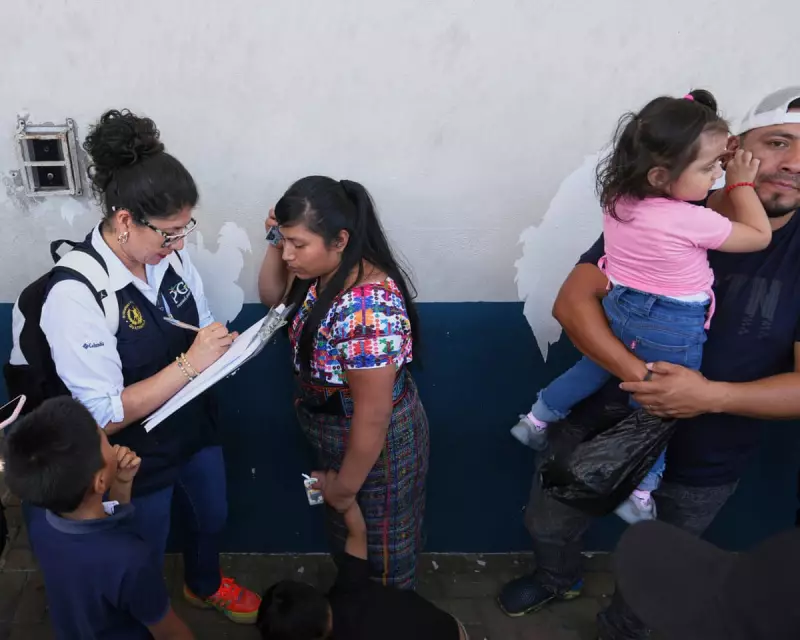
In a dramatic policy shift that has remained largely under the radar, the United States government has begun offering cash payments to unaccompanied migrant children, encouraging them to voluntarily leave the country and return to their home nations.
Controversial New Approach to Migration
The Guardian can reveal that the Biden administration has implemented a programme where immigration officials approach vulnerable young migrants with offers of financial compensation if they agree to abandon their asylum claims and depart the United States voluntarily.
This unprecedented strategy represents a significant departure from traditional immigration enforcement methods and has raised serious ethical questions about offering monetary incentives to children who often lack proper legal representation or adult guardians.
How the Programme Operates
The scheme, which has been operating quietly for months, involves:
- Immigration officials identifying unaccompanied minors in government care
- Offering cash payments in exchange for agreeing to self-deport
- Arranging travel back to home countries, primarily in Central America
- Providing minimal follow-up support upon return
Critics argue the programme preys on vulnerable children who may not fully understand their legal rights or the dangers they might face upon returning to the countries they fled.
Legal and Ethical Concerns Mount
Immigration advocates and legal experts have expressed alarm about the initiative, questioning whether children can genuinely provide informed consent when faced with government officials offering money to leave.
"This programme essentially puts a price tag on a child's safety and future," said one immigration attorney familiar with the cases. "These are children who have often endured traumatic journeys and may be fleeing violence or persecution."
The policy has already attracted legal challenges, with opponents arguing it violates both domestic child protection laws and international obligations regarding the treatment of migrant children.
Administration's Defence
While the Biden administration has not publicly promoted the programme, officials familiar with its implementation suggest it offers a more humane alternative to prolonged detention or forced removal.
Proponents argue that providing financial assistance allows children to return home with resources that might help them reintegrate, rather than facing the trauma of enforcement actions.
However, the lack of transparency surrounding the initiative and the ethical questions it raises continue to draw criticism from across the political spectrum, leaving many to wonder about the long-term implications of monetising immigration decisions for unaccompanied children.





